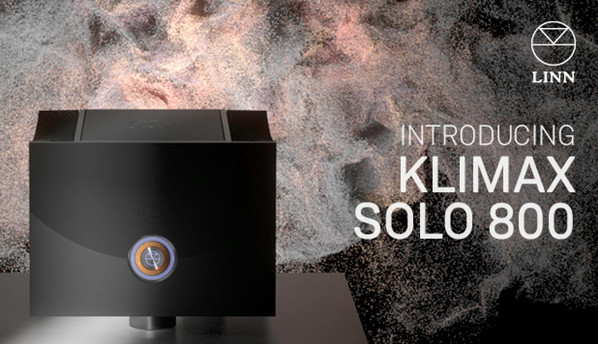
 MSG is one of the most misunderstood kitchen flavorings. It was invented in 1907 by Japanese chemist Kikunae Ikeda who boiled down cubits of kombu seaweed to extract glutamate as a savory flavour enhancer for dashi-type broth. He coined the term umami as the 5th flavour after sweet, salty, sour and bitter. MSG's downfall began with a 1968 article in a US medical journal entitled "Chinese Restaurant Syndrome" which chronicled eater complaints of numbness of the neck, general weakness and palpitation. The paper suspected as the culprit MSG plus cooked wine and high sodium amounts. MSG alas took the biggest hit in rep dissolution and the rest is history.
MSG is one of the most misunderstood kitchen flavorings. It was invented in 1907 by Japanese chemist Kikunae Ikeda who boiled down cubits of kombu seaweed to extract glutamate as a savory flavour enhancer for dashi-type broth. He coined the term umami as the 5th flavour after sweet, salty, sour and bitter. MSG's downfall began with a 1968 article in a US medical journal entitled "Chinese Restaurant Syndrome" which chronicled eater complaints of numbness of the neck, general weakness and palpitation. The paper suspected as the culprit MSG plus cooked wine and high sodium amounts. MSG alas took the biggest hit in rep dissolution and the rest is history.
What the vast majority of eaters and cooks still don't appreciate is that MSG derives from plants and is made by fermentation just like beer, soy sauce or yoghurt. Rather than Ikeda's kombu, today's MSG often uses other sugar-containing plants like corn or sugarcane to extract the amino acid glutamate which our bodies produce as a neuro transmitter. Glutamate occurs in carrots and onions, both base ingredients of broth. Even tomatoes and cheese contain it Seeing that our bodies produce it too, it should be the very rare individual who suffers an actual MSG allergy. Crystallized MSG contains salt so moderation as with sodium or tamari remains advisable.
Hifi mythology has demonized its own MSG called SMPS for switch-mode power supply. To this day many audiophiles think it unhealthy even dangerous to good sound. But there's a huge gap between noisy wall warts and performance-critical versions we find in electronics by Aavik, Alberto Guerra Designs, Chord, Crayon, Hifi Rose, LinnenberG, Manley Labs, Nagra and many more. Even Linn's new €75'000 flagship Klimax 800 Solo mono amps capable of a staggering 1'200 watts into 2Ω of class AB transistor power run on very specialized 2kW switching power. Isn't it high time for a serious rethink of the original knee-jerk reaction that only linear power supplies are legitimate 'audiophile-approved' solutions? Evidence that properly engineered SMPS have very real performance advantages beyond higher efficiency, lower weight and size continues to mount. Think lower noise, faster recovery, higher current, better sound. Only those with their heads stuck in the sand continue to insist otherwise whilst propagating fake news.